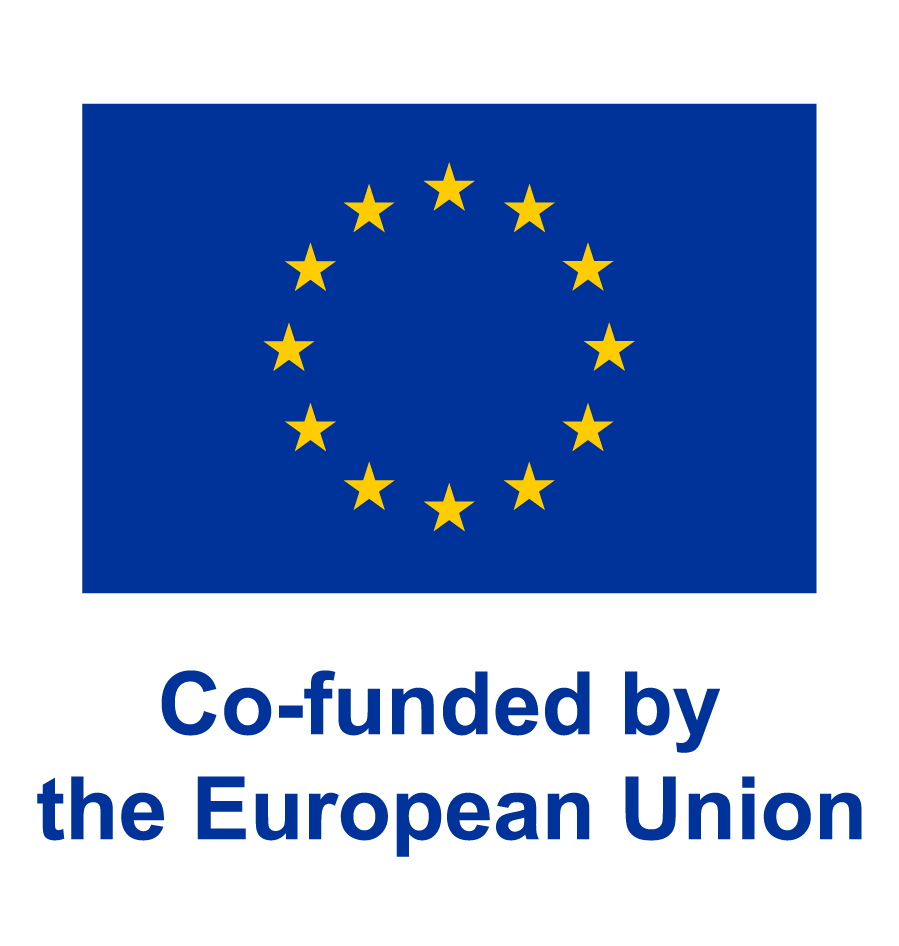About EURL
Legal background
The concept of the European Union Reference Laboratories (EURLs, formerly CRLs) and National Reference Laboratories (NRLs) is layed down in the Regulation (EC) No 625/2017 of the European Parliament and of the Council.
The overall objective of the EURLs and NRLs is to continuously improve the methods used by official laboratories (OfLs, incl. NRLs), as well as the quality and uniformity of analytical testing data generated by them. The methods used by the OfLs should meet state-of-the-art scientific standards and offer sound, reliable and comparable results across the Union.
The EURLs should provide OfLs and NRLs with up-to-date information on available methods, organise inter-laboratory comparative tests (ILCTs), offer training courses for NRLs or OfLs and furthermore serve the Commission (COM) by providing expert assistance. Upon request by the EURLs (or NRLs), OfLs shall take part in Proficiency Tests (PTs), covering the analyses they officially perform.
According to Article 93 of Regulation (EC) No 625/2017, the EURLs shall among others:
- be accredited and operate in accordance with standard EN ISO/IEC 17025;
- be impartial, free from any conflict of interest;
- ensure that their staff have good knowledge of international standards and practices and that the latest developments in research are taken into account in their work;
According to Article 94 of Regulation (EC) No 625/2017, the EURLs shall be
- contributing to the improvement and harmonisation of analytical methods to be used by OfLs,
and so far included in their work programmes they are also responsible (among others) for the following:
- providing NRLs with details and guidance on analytical methods, including reference methods;
- providing reference materials to NRLs;
- coordinating the application of methods by NRLs (and other OfLs if needed), e.g. by organising regular PTs and informing the COM and the Member States (MS) of the results of these exercizes;
- coordinating practical arrangements necessary to apply new methods and informing NRLs of advances in this field;
- conducting training courses for NRL-staff (and other OfLs if needed), as well as of experts from third countries;
- providing scientific and technical assistance to the COM;
- providing information on international research activities to NRLs;
- collaborating with laboratories in third countries and with the European Food Safety Authority (EFSA);
- establishing and maintaining up-to-date lists of available reference substances and reagents and of manufacturers and suppliers of such substances and reagents;
- cooperating among themselves and with the COM, as appropriate, to develop methods of analysis
The responsibilities of the NRLs are laid down in Article 101 of Regulation (EC) No 625/2017. Among others the NRLs shall:
- collaborate with the EURLs, and participate in training courses and in PTs organised by these laboratories;
- coordinate the activities of official laboratories;
- ensure the dissemination of information that the EURLs supplies to the competent authorities and OfLs;
- conduct training courses for the staff of official laboratories (where necessary).
Actual activities of EURLs on Pesticides
The actual activities of the EURLs for residues of pesticides include the following:
- Development and validation of analytical methods;
- Informing NRLs about new advances in methods and equipment;
- Assisting NRLs and OfLs by:
- helping them to implement quality assurance systems;
- giving them analytical methods and technical advice;
- organizing workshops and training courses for them;
- organising PTs and interlaboratory validation studies;
- providing them with information through the EURL-website and on-line databases (EURL-DataPool)
- Providing the COM and EFSA with technical and scientific advice (e.g. for the evaluation of the analytical behaviour and monitorability of residue definitions and MRLs);
- Creating quality control guidelines on behalf of the COM;
- Helping the COM in planning the Coordinated Multi-Annual Control Programmes (MACP);
- Coordinate the network of EURLs-NRLs-OfLs;
- Assisting NRLs and OfLs to improve their analytical quality and scope of analysis;
- Promoting the harmonisation of procedures followed by the OfLs across the EU;
- Collaborating with standardization bodies (e.g. CEN);
- Collaborating with third country laboratories
Contact information
Link to contact Information of EURLs for residues of pesticides
For additional information please contact
Desk Officer responsible for EURLs on pesticides: Ms. Piroska KISS, DG SANCO E3
Leader of Unit: Ms. Almut BITTERHOF, DG SANCO E3
Last modified 07-05-2024, 19:31:09
Published 19-10-2006, 20:28:57
Top of Page
